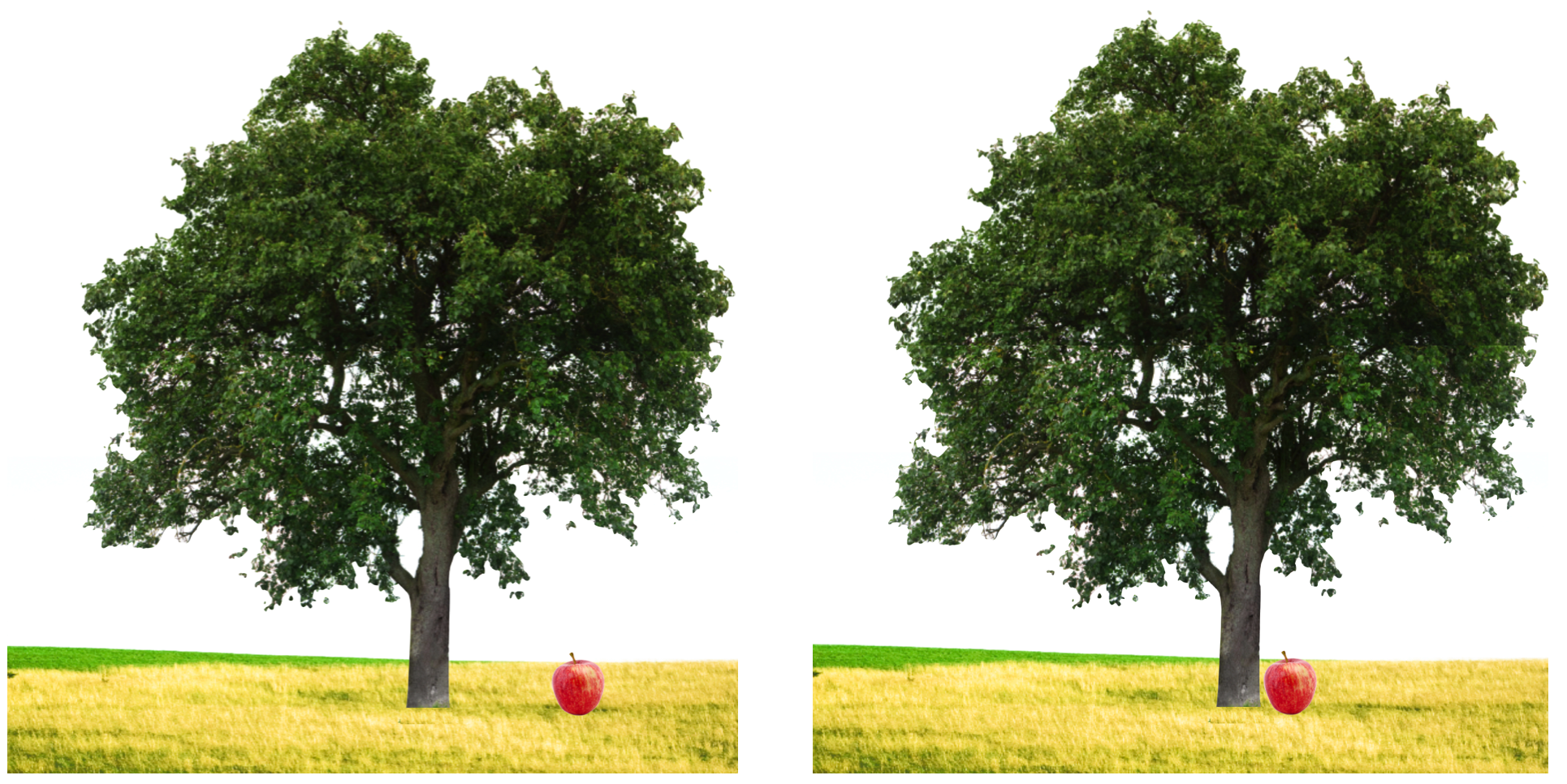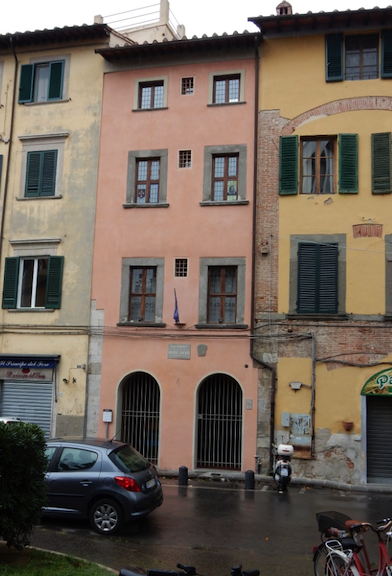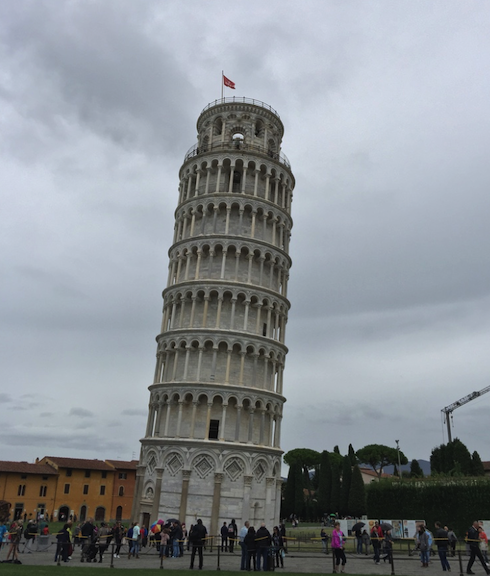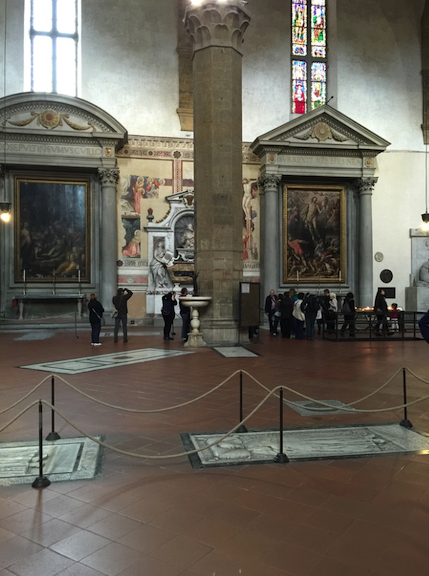5.1. A Little Bit of Galileo#
“Galileo.” What comes to mind when you hear his name? That trial? A famous experiment involving a tall building? The “father of physics”? All things you might find in a short search. But there’s much more to this complicated man, so often the subject of fables that quickly grew up around his life and his sad end.
Leonardo, Michelangelo, Caravaggio, Dante, Raphael, GaGa, Galileo, ..but not “Albert.”
It’s been customary for centuries to refer to famous Italians by one, usually their first name (sometimes, their hometown). So “Galileo” is instantly recognizable and familiar. But as his was an impossible life, we can’t just get away with the one-name thing in a simple way. No, this guy had to have two first names! Galileo Galilei. Why’s that?
Our Galileo’s great-grandfather’s brother (are you with me?) Galileo Bonaiuti was a renown physician and professor at the University of Florence in the late 14th and early 15th centuries. This overlapped with the consolidation of “informal” power in Florence by the original banker-to-Europe Cosimo de’ Medici who managed the republican governance in Florence behind the scenes.
The Medici family – ruthless and yet extravagant patrons of the arts – included multiple cardinals and two popes – was directly involved with our Galileo. By his time, the family had acquired hereditary status as first, the Duchy of Florence, and then the Grand Duchy of Tuscany. Galileo’s relationship was then with royalty. They reigned in Tuscany until the early part of the 18th century.
Galileo’s great-great-great uncle’s role in Florence was as a part of the governing council of the city, so he was intellectually and politically powerful. He would have been close to Cosimo. Someone for a family to look up to. And they did: the family changed its surname to “Galilei” and the fact that our Galileo’s father then named him twice for his famous ancestor sets the stage for what was expected of him, doesn’t it.
Galileo Galilei was a loyal friend to many – eventually a famous man in Europe – but at the same time he attracted fierce and dangerous enemies. He was an accomplished musician and literary critic and yet not above vulgar student poetry aimed at stuffy professors. He was passionately independent and yet a shameless flatterer of the wealthy and powerful. His science was novel, bold, and cutting-edge, but he couldn’t shake allegiance to perfectly circular planetary orbits nor break out of the ancient geometry of Euclid and Archimedes while the rest of intellectual Europe was moving into decimal points, logarithms, trigonometry, and algebra. He was, and still is an enigma. Much like Einstein.
He’s a fascinating character from a fascinating time – a contemporary of Shakespeare, Elizabeth I, Francis Bacon, Johannes Kepler, Tycho de Brahe, and Rene Descartes. A cosmopolitan public figure and intellectual, yet a homebody – never straying outside of a circle of 150 miles in radius, to only Rome, Florence, and Venice.
Galileo studied many topics in what he would have called natural philosophy, but two major scientific paths will concern us: his research and enduring conclusions about motion and astronomy. In this lesson, we’ll follow his ideas about motion and postpone his astronomy…and the famous trial…for a later lesson.
5.1.1. Early Life#
Dad wanted his Galileo to become a physician as a proud citizen of Florence – but it didn’t happen and – besides, he wasn’t from Florence! Our Galileo was born in Pisa but always considered himself a proud Florentine, where he lived only after the age of 10 when his father could quit working in his wife’s family business. Vincenzo Galileo (1564-1642) was a musician and his family struggled to maintain its dignity, but their circumstances never lived up to their legendary ancestor, or Vincenzo’s aspirations. He married Pisan Giulia Ammannati and settled for a dowery of linen and woolen cloth – from the Ammannati business. Vincenzo himself worked in Pisa in their firm, but reluctantly, as he was an accomplished musician and is even credited today with inspiring the invention of opera. He was also a tiny bit cantankerous.
It appears to me that they who in proof of anything rely simply on the weight of authority, without adducing any argument in support of it, act very absurdly.
This could easily have been our Galileo’s sentiment, but it was a statement of his father’s. The fellow who got into a furious public argument with one of his teachers. The apple doesn’t fall far from the tree. (We’ll do apples in QS&BB).

Galileo had two surviving sisters, Virginia and Lena (and another sister and brother who died quite young) and a ne’er-do-well brother, Michelagnolo, who became an absent professional lutenist. Absent when it came time to helping to pay for the dowries for Virginia and Lena (which resulted in lawsuits from their brothers in law)…but present when he begged for loans from his older brother. Much of Galileo’s life and decisions about employment centered on his need to financially support his family. His mother was demanding after Vincenzo’s untimely death, even hiring one of Galileo’s servants to spy on his financial situation.
Vincenzo eventually returned to Florence performing and composing full time and established young Galileo’s primary education nearby. For a brief time, Galileo was sent to the monastery Vallambrosa, where he was later kidnapped by his father when it appeared that the 11 year old Galileo might commit to taking holy vows. Later, he would briefly teach at the monastery where behind his back he was called sfrattato (“evicted person”).
5.1.2. As a Student#
While a medical student at the University of Pisa, Galileo accidentally discovered an aptitude for mathematics. A physician needed mathematics in order to practice astronomy in order to cast horoscopes. So mathematics was in his curriculum. The Medici family would move to Pisa during the summer months and an entire entourage would follow which included teachers for the younger princes. Galileo, as the story goes, happened on some outdoor classes on Euclid’s geometry and found it interesting and then became devoted. The instructor, Ostilio Ricci, Court Mathematician to the Grand Duke Francesco, recognized his talent and tutored him privately – and clandestinely. Galileo stopped going to medical classes and fully concentrated on mathematics. Dad found out.
After a tough negotiation at home, he eventually abandoned medicine, leaving the university a year short of his degree. By this time he was doing original mathematical research (in geometry) and had caught the attention of scholars in Pisa and Rome.
Galileo made a name for himself at the university – as shockingly disrespectful. Even at a young age, he was allergic to fools and he found the faculty overstocked in that category.[1] He was also impossibly resistant to the regimented intellectual system of all European universities: in every subject, philosophy, mathematics, law, logic, rhetoric, and astronomy it was Aristotle, all the time. Particularly galling to Galileo was Aristotle’s physics and there he was in good company since Aristotle’s ideas about motion had not made sense to anyone for two centuries, but his authority was absolute. Galileo — like his father — didn’t “do” authority.



He lived at home for three years and gave private mathematics lessons in Florence and Sienna while he cultivated patrons for help in finding a university position. After some rejections, he succeeded…back at the University of Pisa as a lecturer of mathematics. Where his welcome was underwhelming.
His reputation as an original mathematician was growing when his father died. As a consequence he inherited the responsibility of a significant dowry for one married sister and responsibility to provide for the other’s wedding. He spent the rest of his life in search of a higher salary and ways to augment his income, which as a lowly mathematician at Pisa was a quarter of that of a philosophy professor. He got his break when he was offered the position of Professor of Mathematics at the University of Padua, among the most prestigious universities in Europe and safely in the progressive Republic of Venice. It was at Padua where the Galileo magic happened.